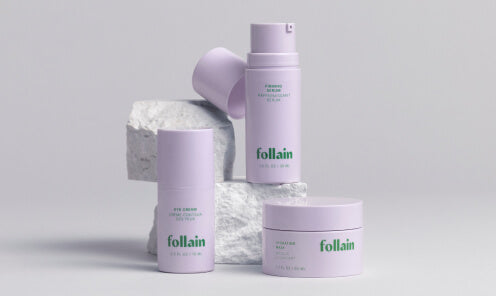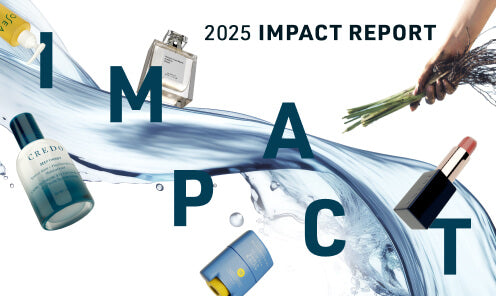What Does "Clean" Mean?
What Does "Clean" Mean?
Credo is all about keeping beauty playful and fun, but when it comes to ingredients, we think it’s best to be straightforward. At Credo, “clean” means a lot. It is not just a list of restricted materials, and it is not a new way of saying “natural.” Rather, it incorporates “natural”—and more.
To Credo, “clean” is comprised of these elements:
Ingredient Sourcing
Knowing where it comes from—a plant, a mineral, a laboratory or some combination of these—and choosing the best source possible for that ingredient. This often means a natural source over synthetic, but not always.
Ingredient Safety
Ideally, products are made with ingredients that have very little hazard, and certainly with a low risk as used in the product.
Sustainability
Ingredients are grown sustainably or made well, ideally without the use of toxic or unsustainable pesticides or manufacturing aides.
Ethics
Ingredients and products are not tested on animals, and ideally the people who grow, harvest, mine and manufacture the materials are paid fairly and treated respectfully.
Integrity & Transparency
An ingredient is what it is supposed to be—no more and no less—and the brand accurately represents this on their ingredient list. No toxic “incidental” ingredients, and no claims that cannot be backed. Credo pushes for full ingredient disclosure—including “fragrance” blends, which are usually kept secret.
End of the Products’ Life
Consider the potential effects of the product/packaging when it is washed down the drain, recycled or thrown in the landfill.
Being Credo Clean means that we have built the above elements into an operational agreement called The Clean Standard. We strive to take every one of these clean criteria into account, but it may not be possible to find ingredients that check each one of these boxes. Not yet—but as we grow the “clean beauty” that will change.
Credo is working with our 120+ brand partners to make sure that clean actually means something--more than a “Free Of” list and more than marketing claims.













